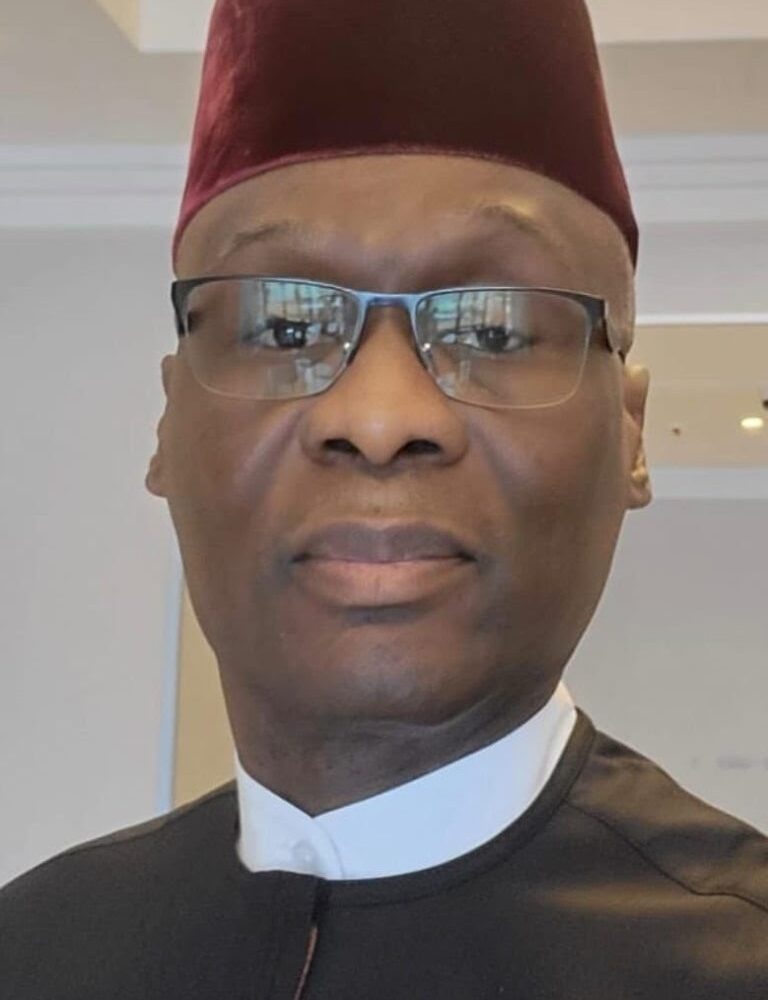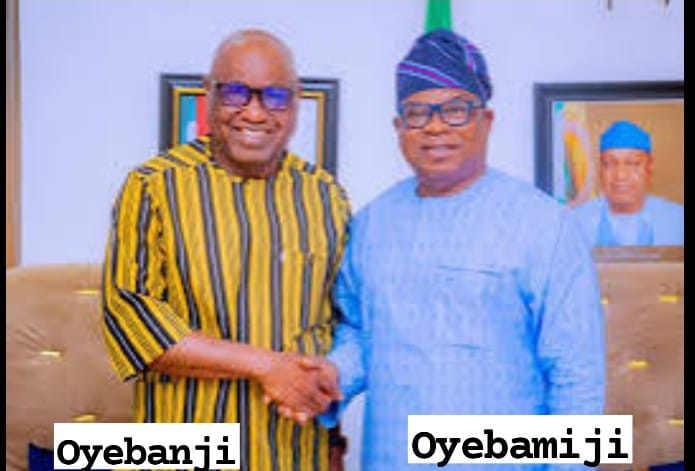In it recent study, the World Investment Report (WIR) 2024, show that FDIs in Nigeria dropped to $13 billion between 2022 and 2023 due to naira woes and corporate exits in the nation.
FDIs also called foreign holdings in Nigeria fell from $86.2 billion in 2022 to $73.4 billion in 2023.
Currently, the total FDIs and FHs in Nigeria stand at $73.4 billion.
Experts are concerned that risk investment is higher than the reward which is the very heart and soul of investment.
The information from World Investment Report (WIR), should not be taking lightly. Especially as the Tinubu’s government focus to attract foreign investors be discourage with with FDI inflows into Nigeria hitting shallow levels in 2024 to $73.4 billion from $86.2 billion.
Morever, their are projection that FDIs and foreign holdings will further decline in 2025.
Critically, this sort of news is a draw back that call to question what the Nigerian authority think off on this recent downturn in FDIs.
Significantly also, what does it potent to the Nigerian economy?
Essentially, on the areas of to job creation, economic growth, and knowledge sharing.
Fundamentally, with this downturn what will be the impact on forex inflow?
And nursing the fear that, the country will be overlooked for investment in favour of other African countries, even those with a lower GDP will be attractive.
Meanwhile No country in the world can survive without Foreign Direct Investment (FDI), acquiring an
important role in the international economy after the Second World War with the
establishment of the World Bank and International Monetary Funds.
Between 2022 and 2023, Nigeria experienced a significant 109 percent increase in foreign direct investment (FDI) inflows, rising from $895 million in 2022 to $1.87 billion in 2023. This increase in inflow was insufficient to combat the value erosion that trailed the 49 percent depreciation of the naira between 2022 and 2023.
Sadly, with FDI inflows into Nigeria hitting shallow levels in 2024, the $73.4 billion foreign direct investment are projected to decline even further in coming years.
While we appreciate the recent economic reforms carried out by the APC Tinubu’s administration. A tasking question that any critical political economist is confronted in today Nigeria.
Is there anything the government is not doing right to attract FDI and sustain the economy?
Going forward, our assessment of this sector, suggest there are structural and policy problem impediment to FDIs, that mean their is urgent need to improve our business climate that would afford FDIs and Foreign Holdings inflow into Nigeria.
With that for Nigeria to revive FDI inflow, it must level up through fiscal and monetary policies.
Adefolarin Olamilekan,
Political Economist
08073814436
adefolarin77@gmail.com





